It's not the cow, it's the how!
Meat, Chicken, Eggs, Offal
I completely understand that meat isn’t everybody’s flavour but let me try to break it down a little. For a more in-depth look a meat then grab my book “The Sustainable Diet”. If you’re vegan the next few paragraphs are worth a read.
Micro-nutrient support
Food in this category does provide an enormous array of nutrients, in fact offal (liver, marrow kidney etc) are examples of the most nutrient-rich foods on the planet. Our ancestors and even today’s few remaining hunter-gatherers value these parts highest. It’s been suggested that our ascendancy from scavengers on the African plains into a more sophisticated, complex human is largely down to the parts of the animals which were being consumed at this time. Pickings were often slim arriving at a carcass killed by other top predators but humans had the where with all and dexterity to break open the long bones and skulls to extract the brains and bone marrow rich in DHA, allowing our own brains to grow in size and consequently complexity. This opened the gateway to forward-thinking, planning and of course hunting…fast forward 2 million years and we are the the recipients of those origins and evolutionary occurrences.
The underpinning for my all natural nutrition approach is to flood your physiology with a diverse array of nutrients, vitamins and minerals…this is the gold! You and I are a walking mass of physiology and for us to perform optimally and safe guard us from illness we need to be eating nutrient-rich foods. The humble egg is a good example of the nutrient density
On the most superficial level, eggs are an excellent source of protein, providing 5.5 grams per 68 calorie serving and all 9 essential amino acids (all for less than 0.5 grams of carbohydrates). They also provide us with choline, which 90% of Americans are deficient in, which is an important nutrient for your brain and nervous system, it helps to regulate memory, mood, muscle control, and other functions.
What about cholesterol?????
I hear you…
OK, yes eggs have got a bad rap in the last 70 years regarding its impact on cholesterol however, our understanding of cholesterol have broadened over the last 5 years or so as we come to understand the important role it plays in the body. Needless to say a 1999 Harvard School of Public Health study published in the Journal of the American Medical Association determined no such link and even went as far to say that regular egg consumption may actually prevent blood clots, stroke and heart attack. I’m not suggesting that we consume eggs like Paul Newman in Cool Hand Luke but it’s a pocket rocket of nutrients and all natural ….this is the gold!
Beef packs quite a punch too, assuming you’re not BBQ’ing it to cinders, if you were to sit down to a grass-fed strip steak (214g) you’d be filling your physiology with the following nutrients:
- 49 g protein
- 45 mg omega–3 fatty acids
- 0.3 mg Riboflavin (16% DV)
- 14.3 mg Niacin (72% DV)
- 1.4 mg Vitamin B6 (70% DV)
- 28 mcg Folate (7% DV)
- 2.7 mcg Vitamin B12 (2.7% mcg)
- 1.5 mg Pantothenic Acid (15% mg)
- 139 mg Choline
- 16.3 mg Betaine
- 19 mg Calcium (2% DV)
- 4 mg Iron (22% DV)
- 49 mg Magnesium (12% DV)
- 454 mg Phosphorus (45% DV)
- 732 mg Potassium (21% DV)
- 118 mg Sodium (5% DV)
- 7.7 mg Zinc (52% DV)
- 45 mcg Selenium (64% DV)
You can hear your cells singing when you eat foods this rich in nutrients….you just have to listen hard but you can.
However there is a small but significant caveat with meat when playing by my rules…sorry not sorry.
I’m a proponent of supporting animal welfare, sustainability and regenerative farming, so with all this mind I buy ethical meats and ideally from regenerative farmers. I even wrote a book on the topic, did I mention that….check out The Sustainable Diet, by .....me!
What is regenerative farming and why should I care?
That’s a very good question - think about regenerative farming as the antithesis of industrialised farming. In a nutshell it’s farming that puts soil integrity as it’s priority. This might sound a little odd but it’s the soil that supports all living things. Regenerative farming works WITH nature unlike industrialised farming who endeavour to keep nature at bay with pesticide, fertilisers and herbicides. The WHO (World Health Organisation, not the celebrity magazine) has predicted that we have a total of 60 harvests left due to the depleted top soil throughout much the worlds agricultural lands. This is an untenable situation and terrifying, so it’s vitally important that we all support regenerative farming.
Regenerative farmers also follow a set of principles in regards to livestock management, the net result is that carbon is taken from the atmosphere and sequestered (locked away) into the soil. It’s that bloody carbon which the reason for the climate change so by supporting regenerative farming we also support animal welfare and reducing atmospheric carbon levels. Daisy the cow has long been blamed for climate change due to her belching/farting emissions - this has been grossly exaggerated and in fact, if Daisy and her friends are well-managed are part of the solution to climate change. Professor Allan Savoury who is a ecologist and environmentalist claims that if the huge swathes of land which have been desertified due to poorly managed livestock could be managed in a way that mimics nature then these lands could return to tenable and fertile land - helping to reduce global carbon levels to pre-industrialised times.
Regenerative livestock farmers will help the herd to mob together through cell-grazing. Cell grazing is achieved through temporarily (usually 24hrs) fencing off a paddock or portion of a paddock to crowd the herd together. This encourages the herd to eat all different species of grasses and not having the luxury of selecting only the sweet and preferred grasses.
This helps to keep the vegetation in a vegetive state and it’s this that will sequester carbon from the atmosphere and lock it in the plant and soil. More carbon in the soil, means more microbiota (little soil critters) and water-holding potential - this is particularly important in this sun drenched country of our. A soil rich in organic matter will not only hold water better than poorer soil, but slow down the rate of run-off and soil erosion.
The soil is rarely exposed to the elements (sun, wind, rain) in regenerative farming in contrast to industrialised farming where large amount of soil is blown off or washed away with rapid flowing run-off. Regenerative farming uses cover crops to avoid soil being exposed.
Plus when daisy and her buddies are walking through the paddock they are trampling, pooping, and pee’ing son the ground helping to fertilise as they go. The paddock is then left until the grass is ideal for some cows to mow again.
Giving up meat saves the planet!
HOGWASH!
It comes down to supporting the right farmers!
I dedicated 65,000 words in my last book to unpack what it means to go vegan for environmental purposes and how it doesn’t really absolve anyone from killing sentient animals. Let’s assume you only eat veg…and unless you’re growing your own there is a strong likelihood the vegetables you’re buying is from a non-regenerative farm. One which grows a single crop which occupies huge acreage. Most of us get our vegetables from the large supermarket brands and smaller independent grocers.
I’d bet my favourite pair of shoes that vast swathes of land have been cleared in order to have grown that mono-crop. In the process of land clearing, as well as harvesting the crops, thousands of species of insects, ground-dwelling birds, deers, foxes, insects and snakes will have been killed not to mention the death caused by insecticides/pesticides. Further to this, the countless mice and rats which have been poisoned in a bid to protect crops.
So it’s a difficult position to take to say you don’t subscribe to killing animals and so go vegan because it can get a little squawly. Having said that if you’re growing your own and/or buying from farmers that you know don’t use chemicals on their lands and don’t mono-crop, then your position is a stronger one. But to reiterate my point on climate change, I firmly believe (and I’m not alone in this thinking) that well-managed livestock are the solution to our climate crisis.


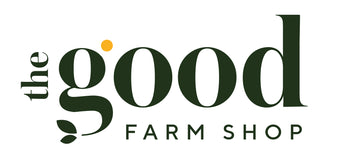
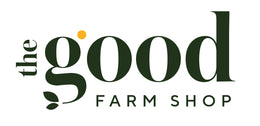
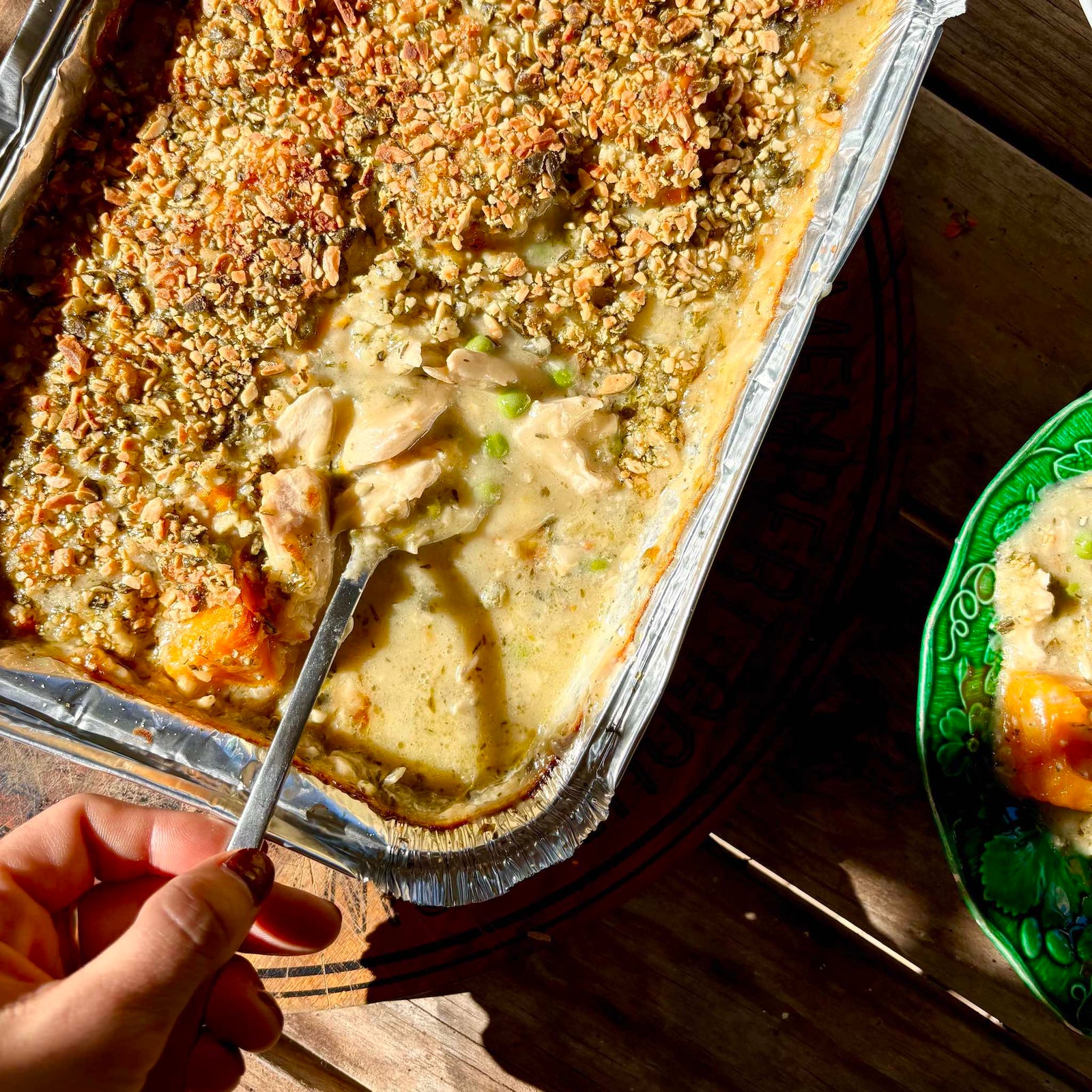
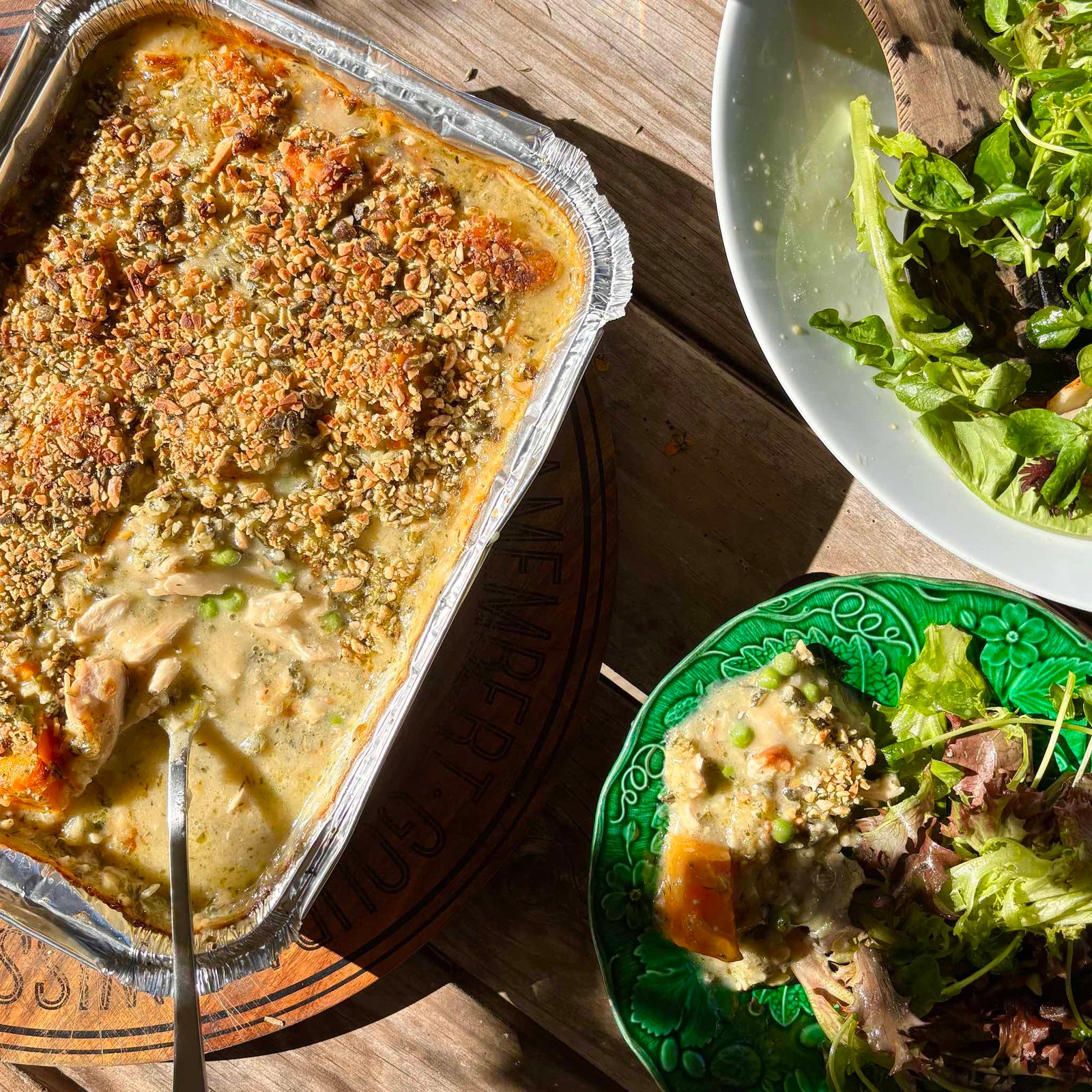
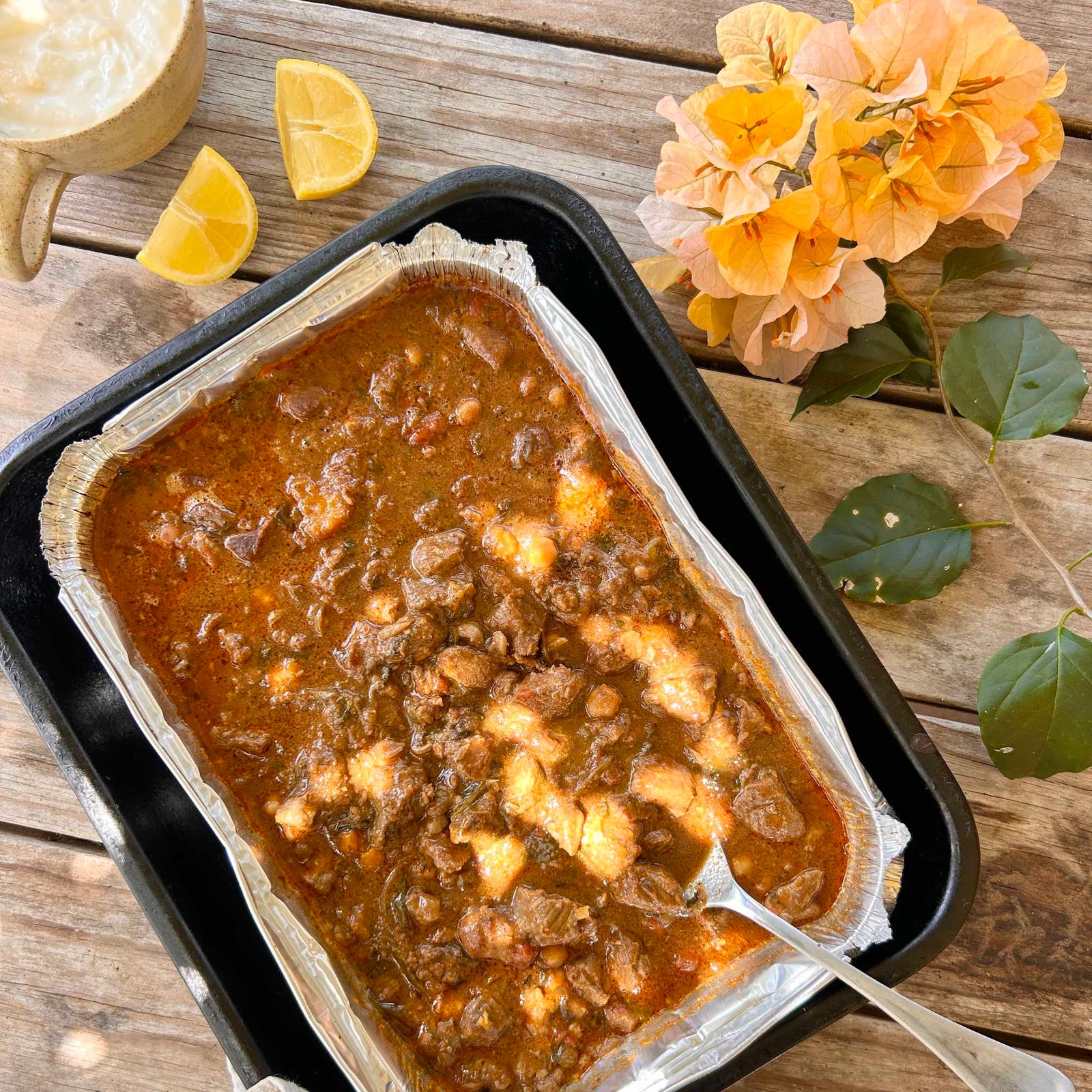





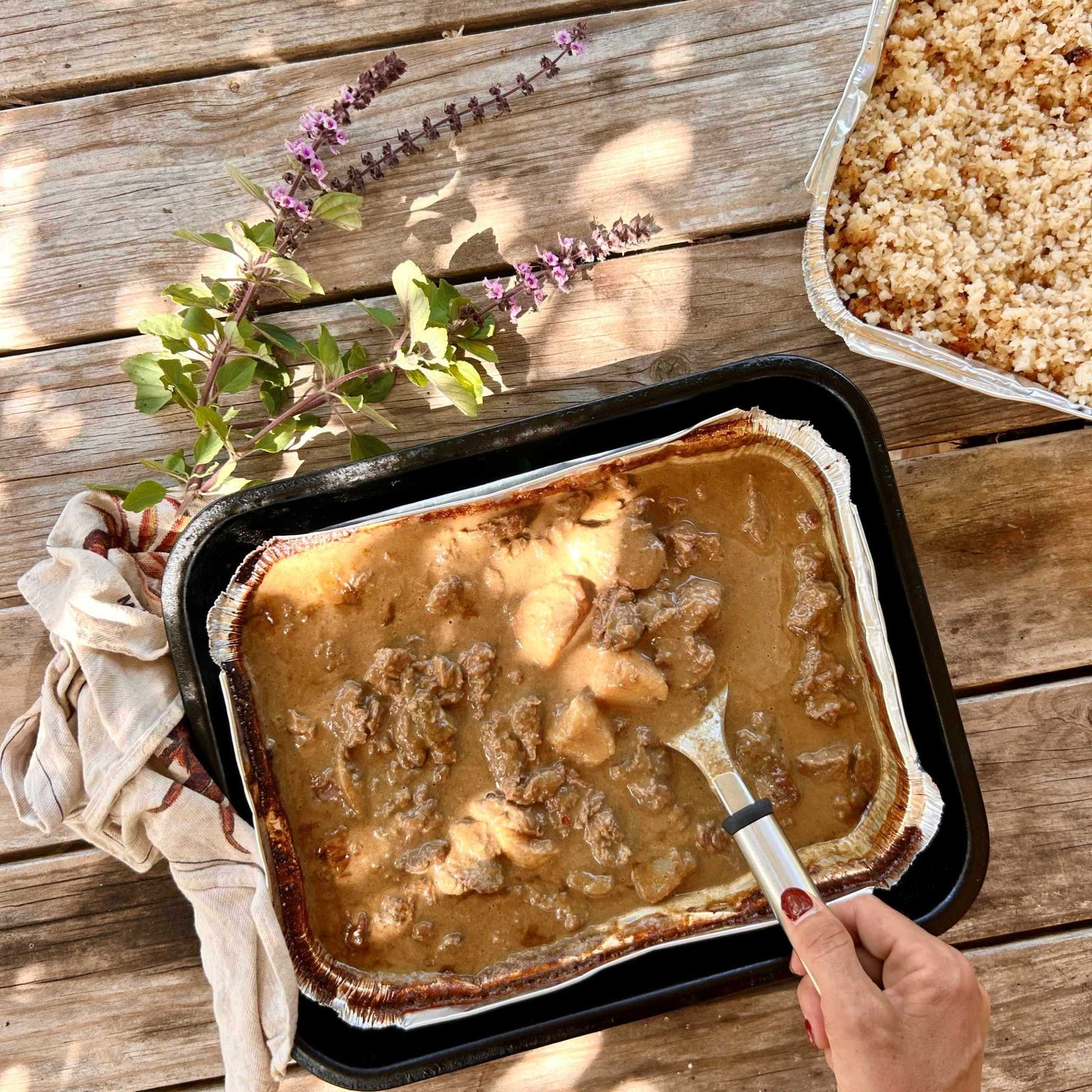

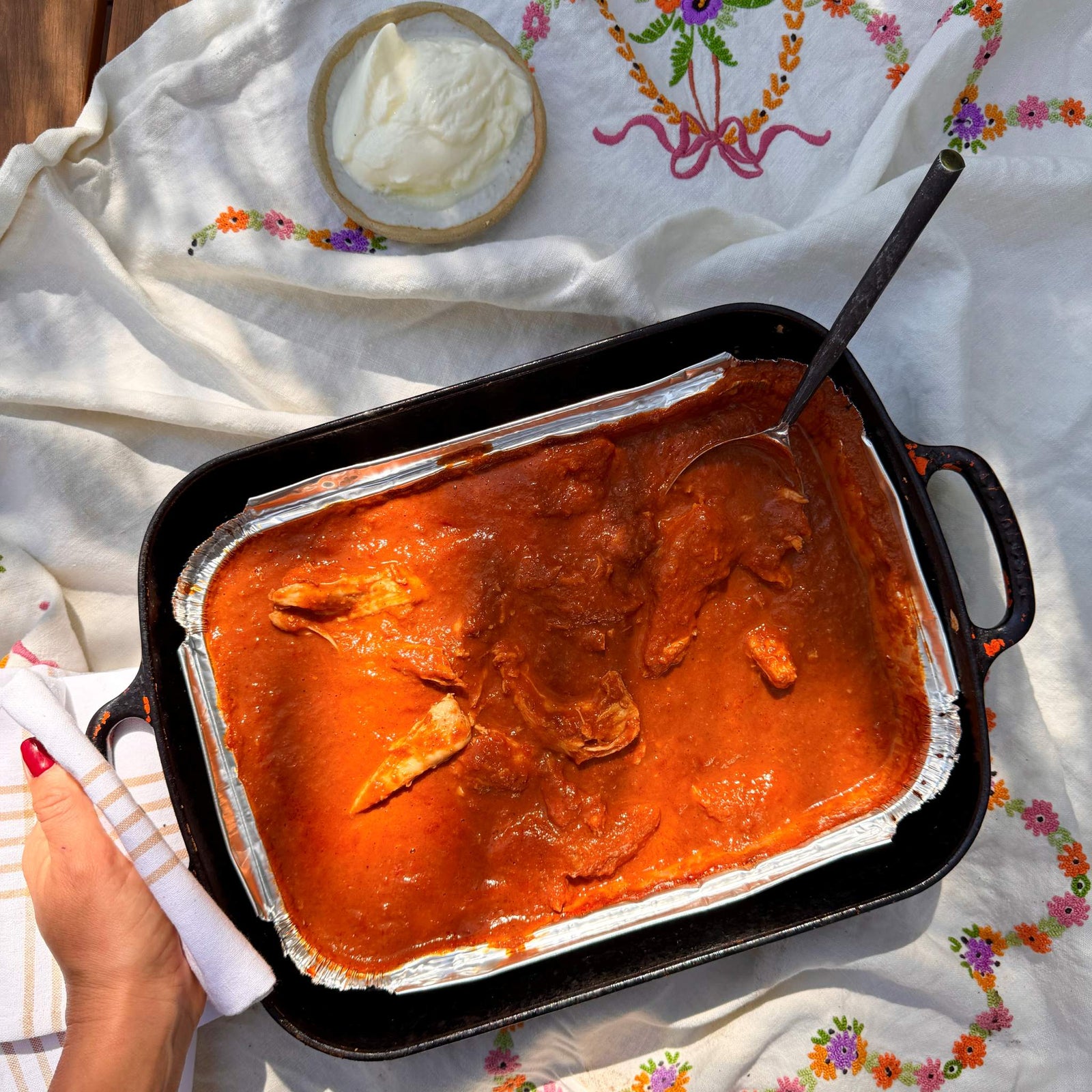

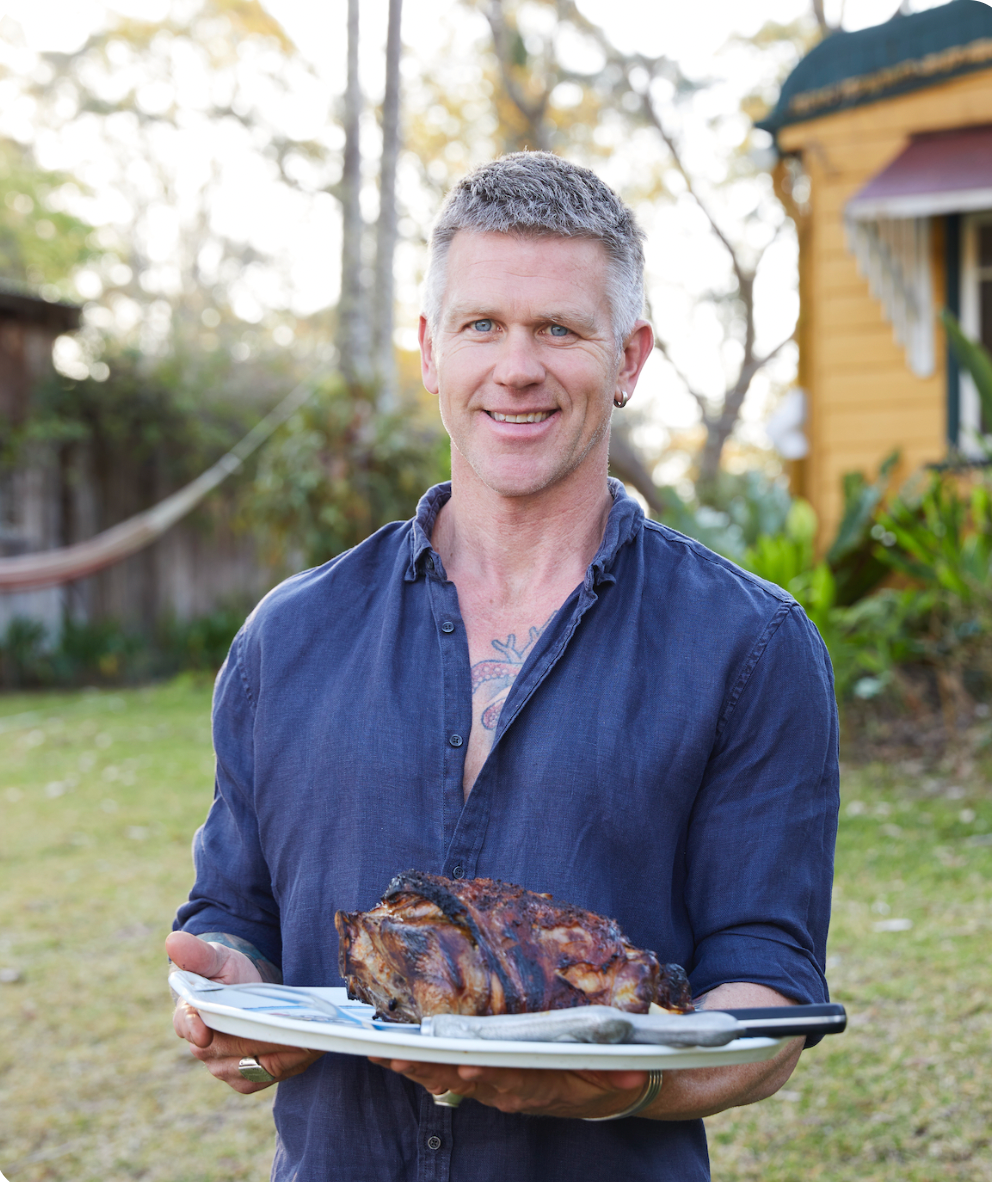
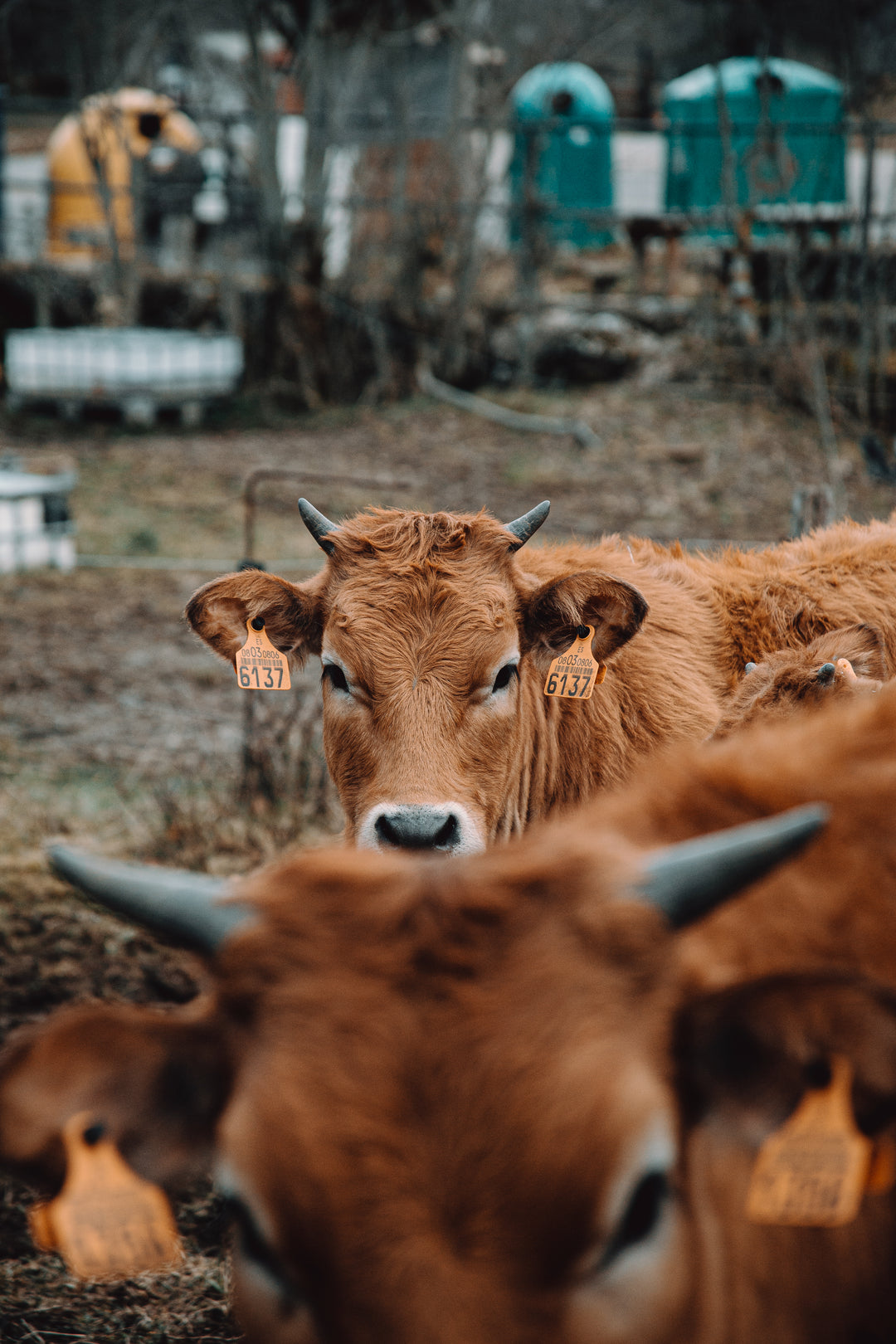
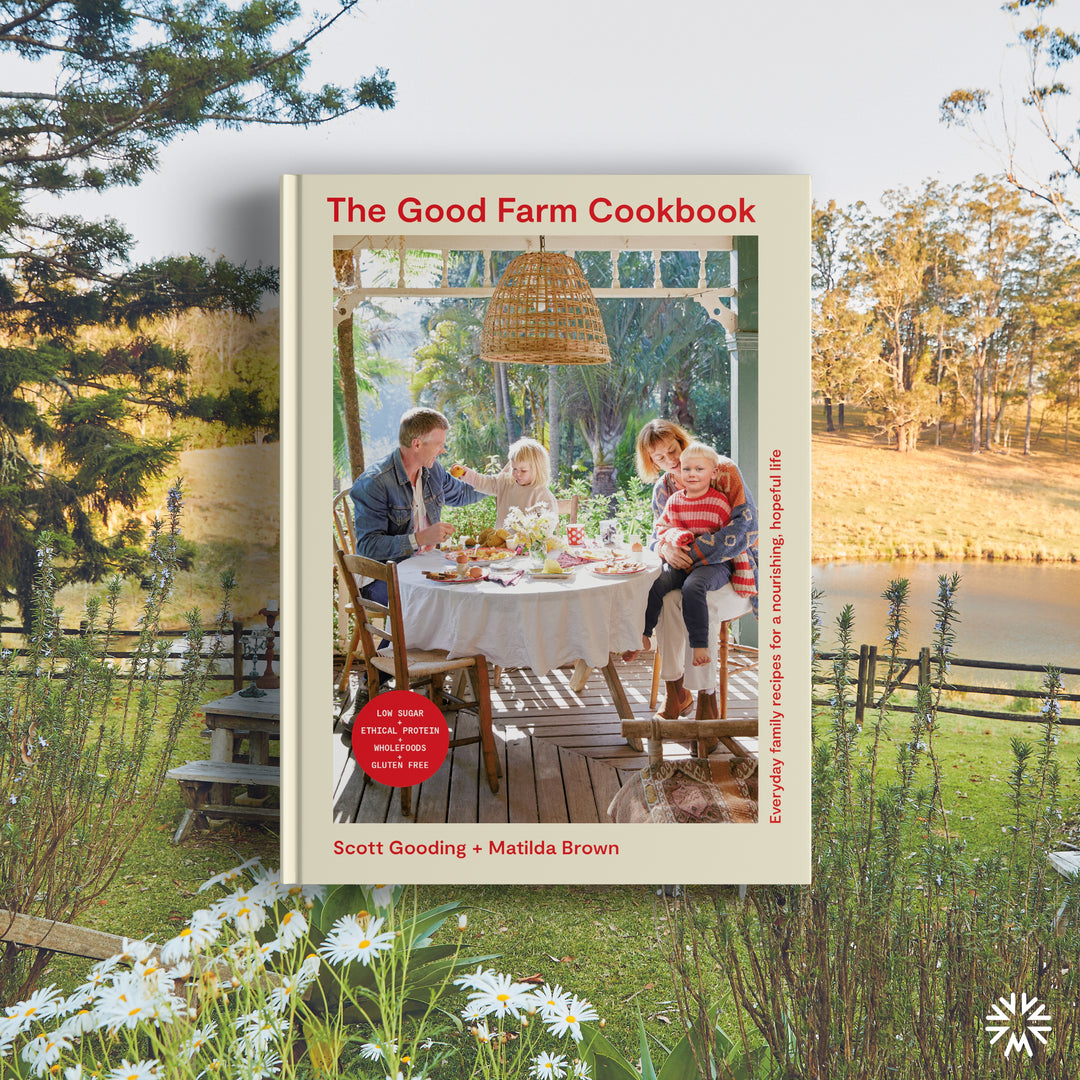
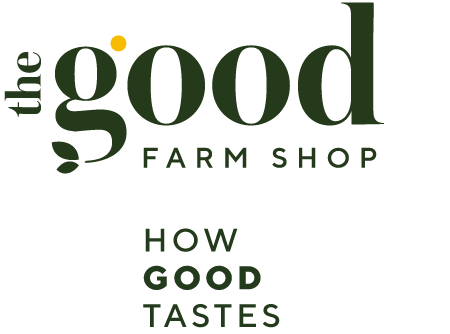
Great to meet you today. I would love you to meet m brother in law Gilles Bonin thé garlic farmer. Sa
Cheers lucinda Clutterbuck
Leave a comment